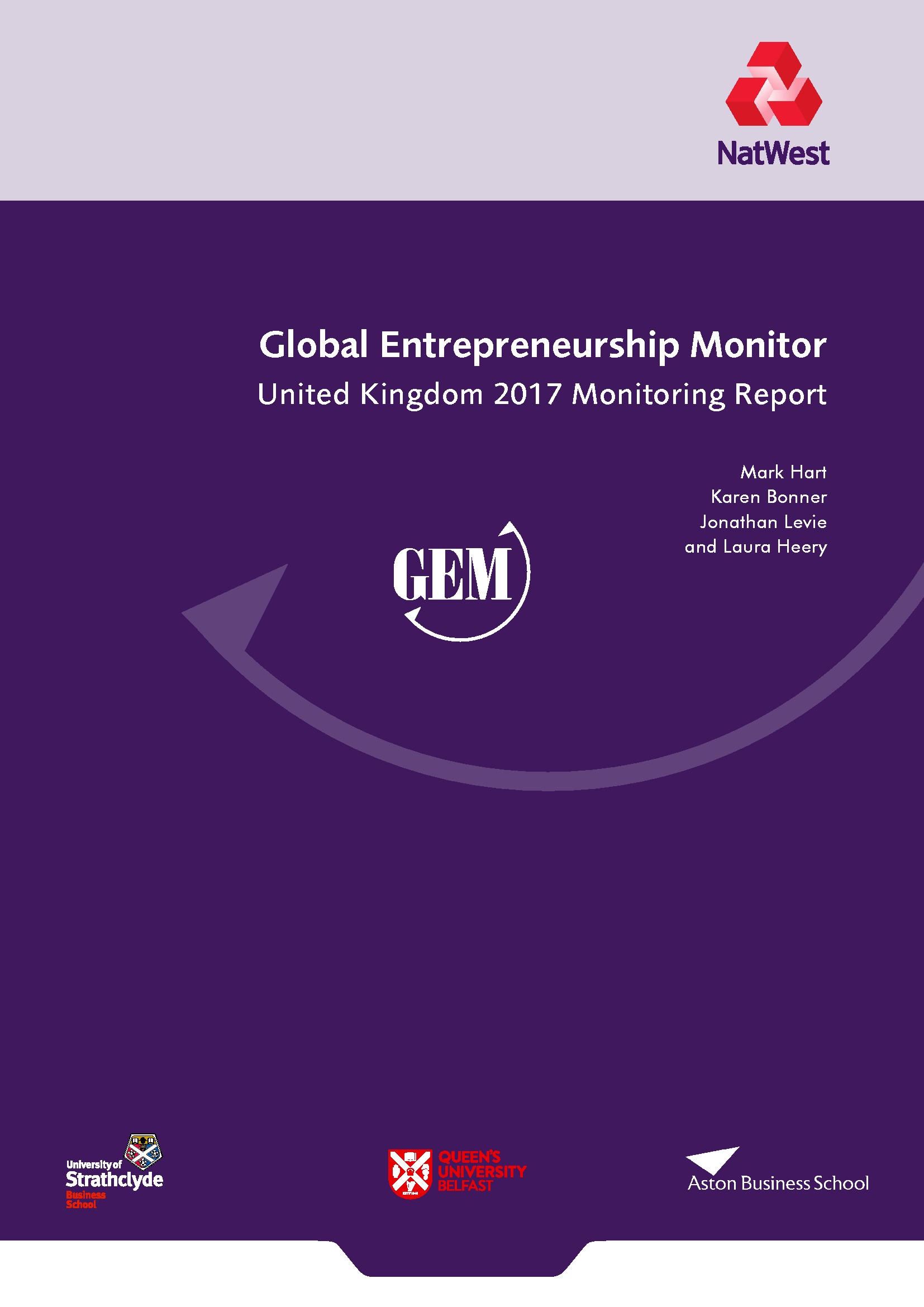The new GEM report for the United Kingdom shows that people from ethnic minority and immigrant backgrounds are twice as likely as their white British counterparts to be early-stage entrepreneurs.
It also finds that women, people from ethnic minority communities and migrants are more likely to be motivated by creating ‘meaning’ – rather than just making money – when starting a business than white British men.
The GEM UK 2017 report was launched on 4th July 2018 at the NatWest London Entrepreneur Accelerator and with a speech from NatWest’s CEO of Commercial & Private Banking Alison Rose.
Since the financial crisis, the proportion of people from ethnic minorities and migrants starting their own firms has risen sharply, at the same time as more modest increases among white people and life-long residents.
In 2017, the Total early-stage Entrepreneurial Activity (TEA) rate among non-white Britons was 14.5%, compared to 7.9% for white Britons.
A similar increase can be observed among immigrants to the UK, both white and non-white. In 2017, 12.9% were early-stage entrepreneurs, compared to 8.2% among the UK-born population as a whole [all ethnicities].
For both ethnic minority groups and migrants, this difference with the white and UK-born populations has widened substantially since 2008.
Looking across the population as a whole (including UK-born and immigrant populations), the UK’s TEA rate was 8.7% in 2017. This compares favourably to France (3.9%) and Germany (5.3%) but is lower than that of the US (13.6%).
This year’s GEM UK report also introduced a new measure around people’s motivations for starting their business, revealing big differences between ages, genders, ethnicities and socio-economic groups.
Two-thirds (66%) of women said they started a business to contribute to society, while just two-fifths of men (39%) had the same motivation. There was also a 20 percentage-point gap in the share of men and women who were motivated to start a business to help others in need (38% compared to 58%).
Commenting on the research findings, Mark Hart, Professor of Small Business and Entrepreneurship at Aston Business School and leader of the UK team, said:
“We’ve seen a big rise in people deciding to start their own business since the financial crisis. This is particularly pronounced among UK-born people from ethnic minorities and immigrants to the UK – both of these groups are now nearly twice as likely to be early-stage entrepreneurs as white British people.
“So what this tells us is that minorities and immigrants are making a big contribution to the prosperity of the UK, growing new firms and creating jobs in our communities. Often, they’re setting up their businesses with the express aim of having a social impact beyond simply making money.
“These findings are particularly relevant as the UK heads towards Brexit. We need to ensure we remain an attractive place for enterprising immigrants, who make a big contribution to our economic dynamism as a nation.”
Alison Rose, NatWest’s CEO of Commercial & Private Banking, added:
“This year’s Global Entrepreneurship Monitor highlights the different motivations that entrepreneurs have for starting their own business. While making money and working for yourself will always be important, making a difference to society and ‘creating meaning’ are as important, if not more, among a number of demographics, particularly women, ethnic minorities and younger people.
“Entrepreneurs are the lifeblood of the UK economy and it’s incumbent upon all of us to create an environment in which entrepreneurs can flourish. By understanding the motivations of the individual, we can tailor the support we provide, ensuring it meets the specific needs of the entrepreneur and their business.”


